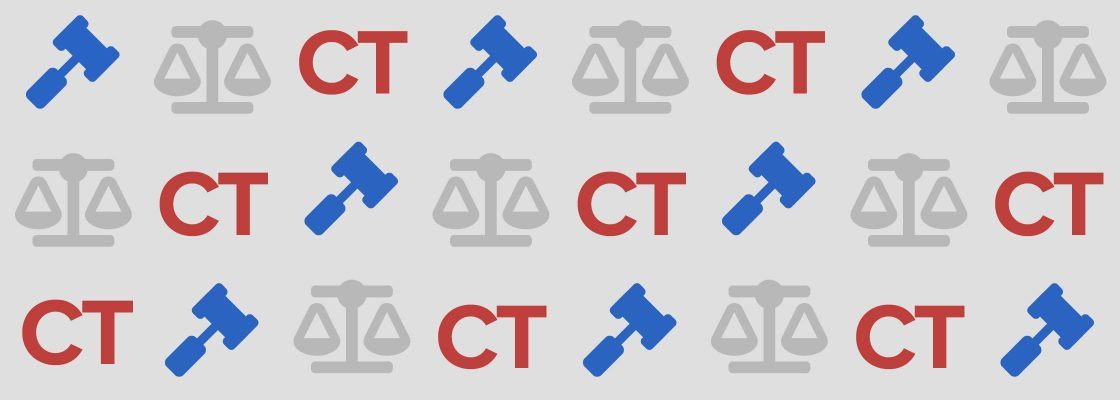Connecticut doesn’t appear to have specific restrictions on healthcare marketing, but that doesn’t mean a physician there should start claiming he has a cure for cancer. Connecticut physicians are still obligated not to engage in fraudulent or deceptive conduct in the course of professional services or activities. Talk with your legal counsel to find out how your healthcare advertising can follow the letter of the law in Connecticut.
More Information
Connecticut Department of Public Health
Reference Citation:
C.G.S.A. § 20-45
Selected Excerpt: Suspension, revocation or annulment of license. Disciplinary proceedings
The license of any licensed practitioner of the healing arts in this state, except a physician as defined in section 20-13a, may be revoked, suspended or annulled, or such practitioner may be reprimanded or otherwise disciplined, after notice and hearing, on the recommendation of the examining board representing the branch of the healing arts practiced by such practitioner for any cause named below. (…) fraudulent or deceptive conduct in the course of professional services or activities
NOTE: There are no known statutes or regulations directly related to physician advertising. P.A. 80-484 deleted Subdiv. (7) of Sec. 20-13c., which prohibited advertising that may deceive the public. But the general statute on medical board disciplinary proceedings does regulate fraudulent or deceptive conduct by physicians.
Sample Best Practices
We’ve developed some sample best practices to help you get started discussing your medical marketing with your legal counsel in more detail. Find out if you need to take steps to avoid the following:
- Advertising in a fraudulent or deceptive manner.
- Making scientific claims that cannot be substantiated.
- Assuring a permanent cure for an incurable disease.
- Claiming professional superiority without supporting the claim with objective evidence, or using hyperbole when describing your techniques or results.
- Showing patient before and after photos without indicating that results vary and the results shown are not a guarantee.
- Showing models without clearly indicating that the photos are not of actual patients.
- Saying you are board-certified without including in any advertising the name of the board that has certified you.
Is your website following best practices when it comes to medical marketing? Find out by downloading our free Website Compliance Checklist!
Download Free ChecklistPlease help us keep these pages up to date. If you or your legal counsel notice an oversight in our comments or a problem with this page, please alert us by email. Also, be sure to read our legal disclaimer.
« Back to Medical Marketing Laws


Leave a Comment